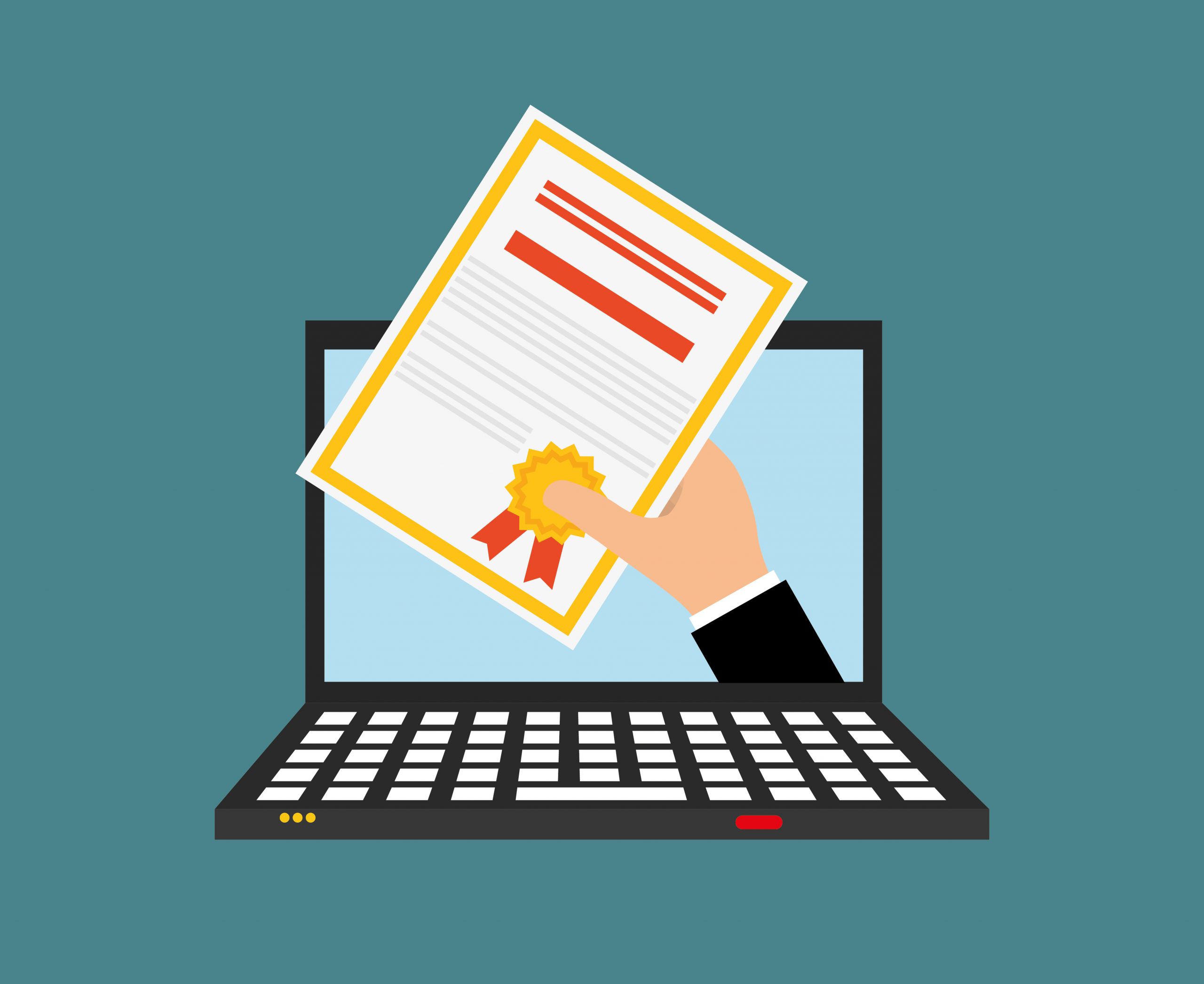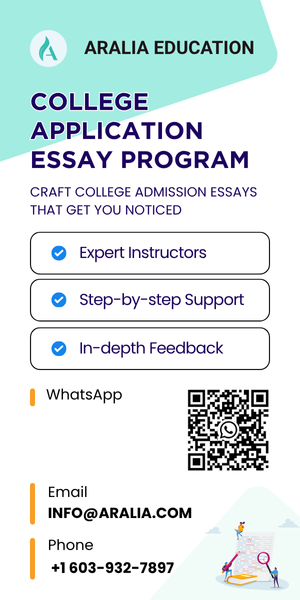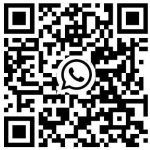With the rapid growth of online education due to the impact of the pandemic, students now have instant access to online educational resources and online tutoring offerings. This means teachers need to continually learn and use technology in the classroom.
We understand many teachers are not professionally trained to integrated technology and engaged student through using technology tools. These technology certificates are comprised of easy-to-follow and step-by-step instructions that will help you understand the desired technology. Certificates are not required to become an online certified teacher, but certificates can provide additional training that may enhance your online competency and prove attractive to an employer who is looking for online teachers.
Keep reading to see what certificates are available to obtain that will teach educators how to use technology in the classroom!
Google Classroom is a free web service developed by Google for schools that aims to simplify creating, distributing, and grading assignments. The primary purpose of Google Classroom is to streamline the process of sharing files between teachers and students. Overall, Google Classroom allows teachers and educators to manage and assess students’ progress, while students can upload their own work and interact with other students and teachers through the platform.
Google Classroom offers two technology certificate programs for teachers: Educator Level 1 and Level 2. The Educator Level 1 certification demonstrates your mastery of Google tools such as Gmail, Google Calendar, Google Drive, Docs, Sheets, Slides, Forms, Drawing, Google Classroom, Hangouts, Sites, Groups, Chrome.
Whereas Educator Level 2 further advances and validates your expertise in Google tools like Level 1 and advanced technology integration skills like: Blogger, Google Books, Drive Add-ons, Chrome Webstore, Google+, and Google Maps.
Canvas is a web-based learning management system, or LMS. It is used by learning institutions, educators, and students to access and manage online course learning materials and communicate about skill development and learning achievement. Canvas includes a variety of customizable course creation and management tools, course and user analytics and statistics, and internal communication tools. Examples include Assignments, Discussions, Modules, Quizzes, and Pages. Many higher education institutions use Canvas, such as Northeastern University and Penn State University.
Earlier last year, Canvas announced the Canvas Certified Educator Program for educators that wish to demonstrate their mastery of the platform. Teachers can receive the technology certificate through taking a series of online courses designed to strengthen their hands-on experience teaching with Canvas. Depending on whether you are interested in K-12 (primary to high school) or higher education teaching, Canvas provides customized content to improve your experience in creating responsive learning environments.
You can register to take the courses suitable for your needs and wants on the website. The courses are not on demand, as there is a set date for all the courses.
Similar to Canvas, Blackboard is a learning management system designed to allow students and faculty to participate in classes delivered online or use online materials and activities to complement face-to-face teaching. Blackboard allows you to provide content to students in a central location, communicate with students quickly, and provide grades in an electronic format to students.
Blackboard offers many certification programs for individuals and institutions. For individual faculty or staff or teachers offering online courses, they can take the Digital Teaching and Learning Series. Within the series, teachers can take three different courses or choose among those based on their needs. There will be different certification titles based on the courses taken and the certification process is generally fast.
4. Independent virtual classroom hosting platforms
There are many different virtual classroom software applications available in the market. We will only discuss two outstanding leaders: Zoom and Cisco Webex Meeting. Online course providers may either offer internal virtual classroom software or utilize commercially available products to provide their lessons. Virtual classroom software can be a part of a learning management system, like Blackboard, integrated with one, or be run independently.
Zoom and Cisco don’t offer verified certificates for instructors who are interested in showcasing their credentials. However, Zoom does offer live training webinars daily for educators to get up to speed in less than an hour. Educators can watch live training or recorded training to understand the Zoom platform and what it has to offer. Cisco Webex Meeting doesn’t offer training videos, but there are articles that instruct each step of the way, from scheduling training to managing break-out sessions.
5. Different educational technology certifications from College
Besides professional certifications from organizations, teachers and educators can also participate in certificate programs provided by colleges and universities across the country. They don’t provide training for certain educational technologies, instead, they provide foundational knowledge and skills about how, why, and when to integrate a range of digital technologies to support your students’ learning. Overall, these programs prepare educators and teachers who are interested in pursuing the education field or are currently working with students on the foundations of theory and practice of technology integration in educational settings.
Available educational technology certificate programs are Michigan State University’s Graduate Certificate in Education Technology, Boston University’s Graduate Certificate in Instructional Technology, and much more.
Having these credentials will definitely help you be more familiar with the currently available educational technology and also provide you with a competitive advantage compared to other teachers when applying for online teaching jobs. Online teaching is a challenging yet rewarding experience for teachers. By overcoming the challenges with technology, you will be able to support and push students to become powerful digital-age thinkers, makers, and problem solvers.







